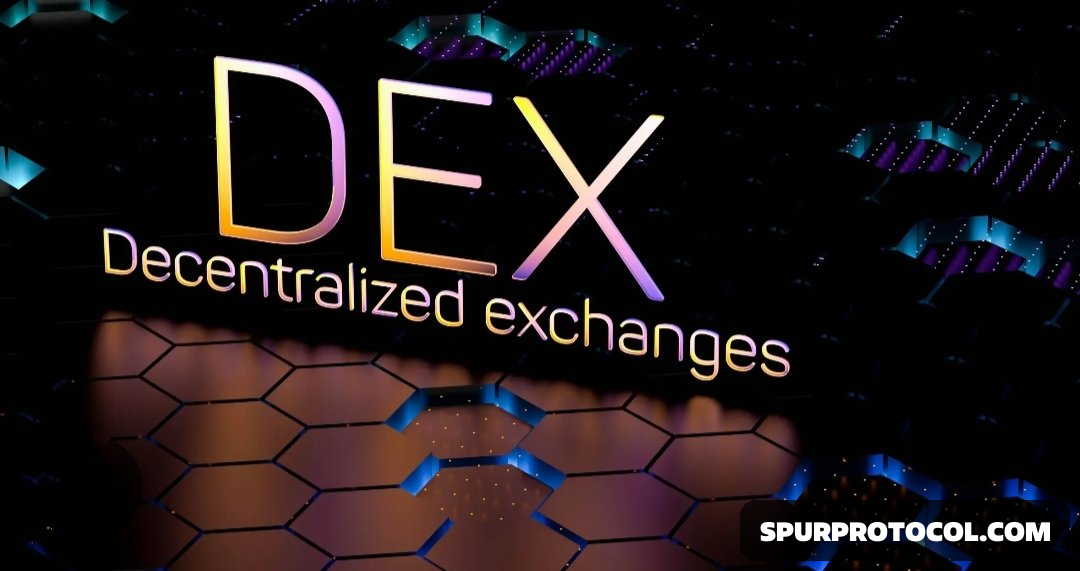The Hidden Vulnerabilities Of Decentralized Exchanges (DEX) That Most Traders Overlook
Not as Trustless as You Think: The Lesser-Known Risks of DEX
Go Back
🕒 4:36 PM
📅 Mar 02, 2025
✍️ By Jerrychay84
Not as Trustless as You Think: The Lesser-Known Risks of DEX
Go Back
🕒 4:36 PM
📅 Mar 02, 2025
✍️ By Jerrychay84
Decentralized exchanges (DEX) have changed the game for crypto traders. No middlemen, no banks, just you and the blockchain. Sounds perfect, right? But here’s the thing—most people don’t realize that DEXs aren’t as decentralized as they claim to be. Some have hidden flaws that could mess with your trades, your funds, or even your access to the platform.
1. The Illusion of Complete Decentralization
A DEX is supposed to be fully decentralized, meaning no single person or company controls it. But in reality? A lot of them still rely on centralized elements.
For example, price data usually comes from oracles, which are often run by just a few companies. If something goes wrong—like an oracle going down or being manipulated—you could end up with bad trade prices. Some DEXs also rely on centralized front-end websites, meaning if the site gets taken down or blocked, many users won’t even know how to access the exchange anymore.
2. Smart Contract Centralization: Who Really Controls the Code?
People love DEXs because they run on smart contracts—self-executing code that no one can tamper with. Except… some DEXs do have backdoors.
Some developers keep “admin keys” that let them pause trading, update the contract, or even change the rules. In theory, this is for emergencies, but if hackers get their hands on those keys (which has happened before), they could drain funds or manipulate trades. Even if it’s not a hack, do you really want to trust that the team behind the DEX won’t ever abuse that power?
3. The Governance Paradox: Decentralized, Yet Controlled by Whales
Numerous decentralized exchanges function through Decentralized Autonomous Organizations (DAOs), where users are granted voting rights through governance tokens. In theory, this promotes a democratic approach to decision-making; however, in practice, a small number of large token holders—typically early investors or the DEX team—end up wielding the majority of the voting power.
This situation results in what is referred to as governance centralization, where a few influential individuals control key decisions—like fee structures, liquidity incentives, or modifications to smart contracts. When governance is held by a limited group, they can approve proposals that serve their own interests rather than those of the wider community.
4. Hidden Censorship Risks
One of the biggest selling points of DEXs is that no one can block your access. No bank freezing your account, no exchange banning you. But that’s not entirely true.
Some DEXs have started geo-blocking users from certain countries to comply with regulations. The blockchain itself might still work, but if you can’t access the front-end website (which, as we mentioned earlier, is often centralized), you’re out of luck—unless you know how to interact with the smart contract directly.
And let’s be honest, most casual users don’t know how to do that.